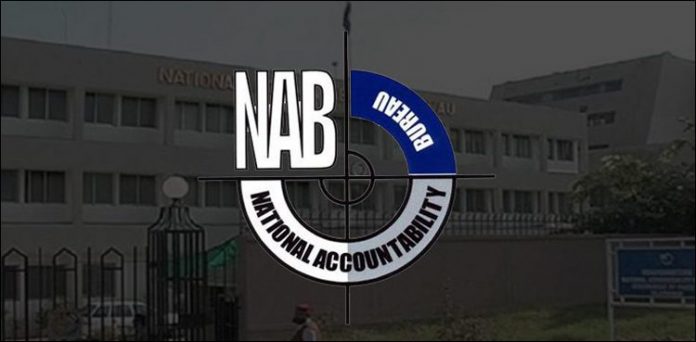ISLAMABAD : National Accountability Bureau (NAB) has submitted new proposed rules to the Supreme Court of Pakistan (SC), laying down the role of the accountability watchdog’s chairman in making appointments, arrests, approval of references and other functions.
The fresh rules were framed under section 34 of the NAB law and gave chairman NAB the authority to appoint director generals and directors in the institution.
The chairman NAB will issue guidelines for the arrest of a person accused of corrupt practices and it would be mandatory for all officials to follow them.The chairman would give a final nod for any reference against the accused and only he would have the authority to decide on it and issue guidelines for the reference.
The reference would be filed a month later after approval from the chairman.
Under the proposed rules, the chairman would have the authority to hire officials on BPS-19 and above grades while Director General Human Resource would made appointments on vacant posts between BPS-16 to BPS-18. Director Human Resource would made appointments on BPS-1 to BPS-15 posts.
The fresh proposed rules also lay down guidelines for arrests, reference, voluntary return of the amount and plea bargain.
Complaint and its verification, inquiry and investigation process is also defined under new proposed rules.
It added that complaint received to the NAB headquarters would be sent to the concerned NAB office and would be presented before the regional board within one month of after being received.
The regional board would be bound to verify the complaint within eight weeks and would convert it into an inquiry after receiving credible information on it.
Arrests could be made during the inquiry process if required and the NAB officials would be bound to complete the inquiry process within a month and could get an extension of one month in the period if needed.
The chairman NAB could further extend the period by three weeks.
The investigation officer would also be bound to maintain a diary of the investigation process, the new proposed rules submitted to the Supreme Court read.

















